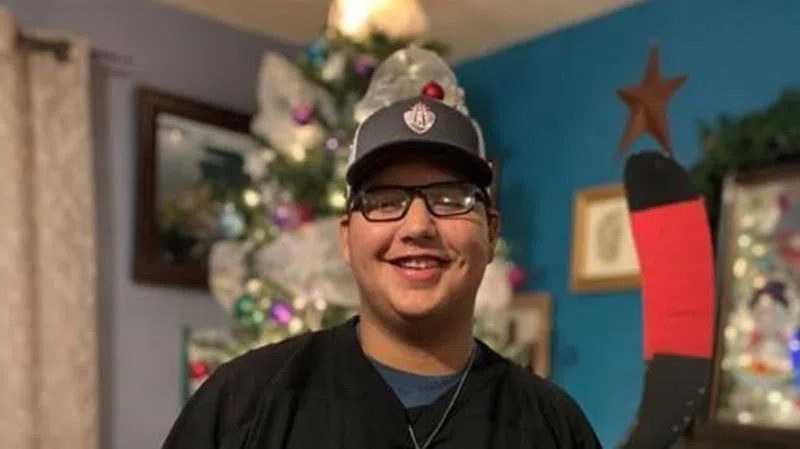
‘100 per cent racial’: Indigenous hockey player’s dad rejects report on verbal abuse
WAYCOBAH, N.S. — An investigation into allegations an Indigenous hockey player faced racist taunts during a recent game in Cape Breton concluded the verbal abuse did occur but that it was not based on race.
The player’s father, however, rejected the report’s findings on Friday, saying Hockey Nova Scotia shouldn’t be telling his teenaged son how he should feel about what happened on the ice.
Phillip Prosper says his 16-year-old son, Logan, was playing in a game in Cheticamp, N.S., last December, when his son heard a member of the rival team say: “All natives look like turds.”
Prosper said the hockey association’s risk management committee determined a player had indeed said those words — but concluded the remark was not racist.
